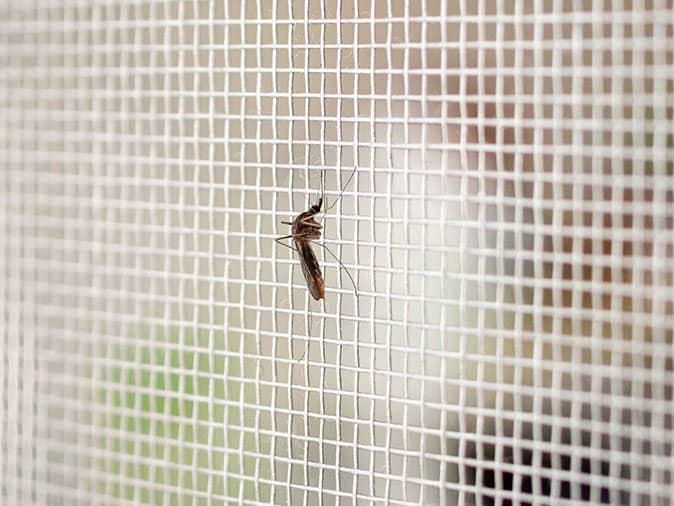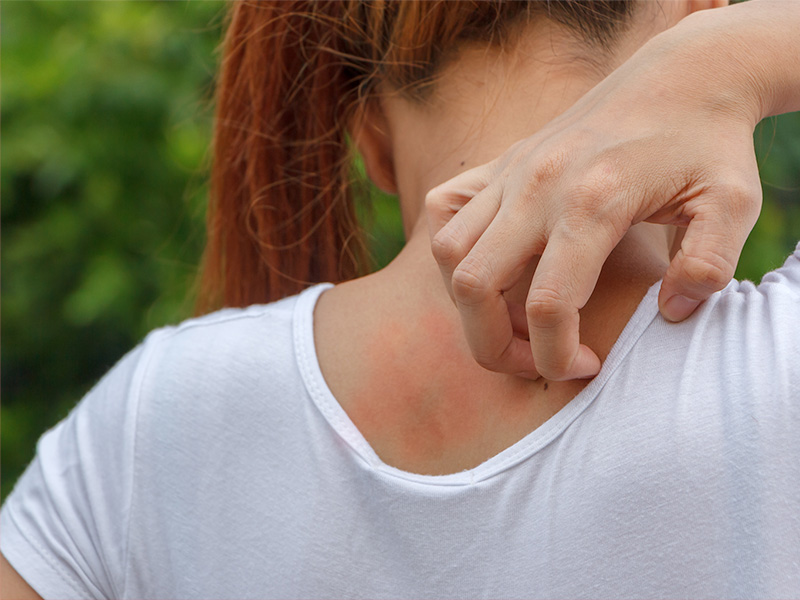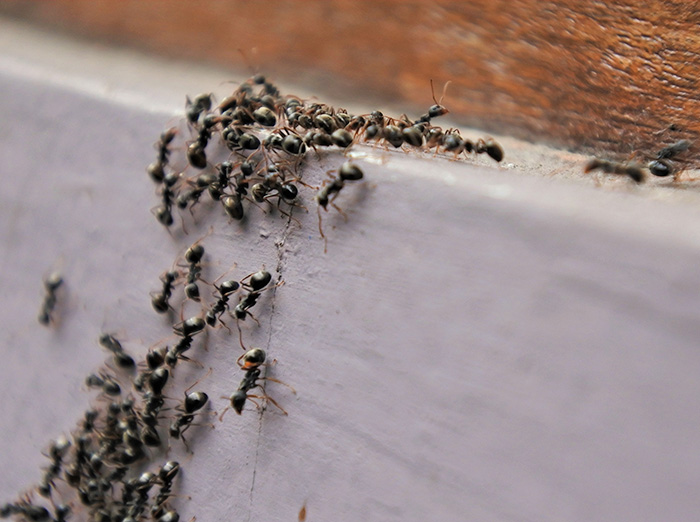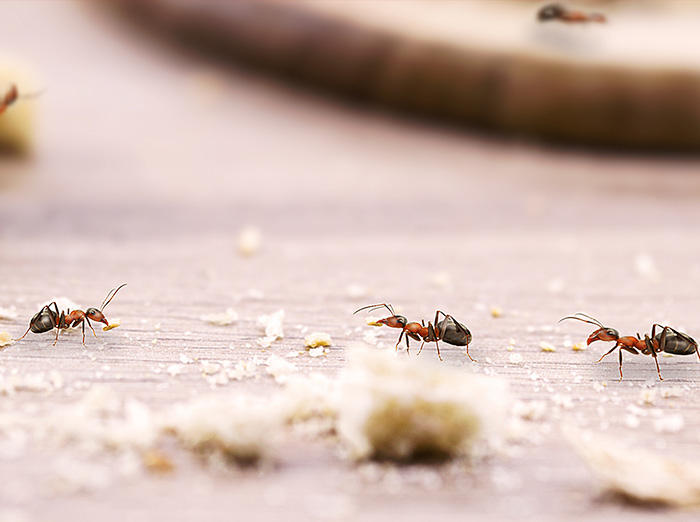Mosquito Prevention Tips For Colorado Residents
Angry wasps stinging, ants invading, ugly web-building spiders… we could keep listing all of summer’s pests but we’re not going to. Instead, let’s focus on one insect in particular, one that has earned a notoriously bad reputation throughout the world, and one that lives right here in Colorado – the mosquito.

Why do mosquitoes bite?
Did you know that not all mosquitoes bite? It’s true – only females bite and while we realize there’s a joke to be made in that statement, her need for blood is noble. You see, female mosquitoes must take a blood meal in order to reproduce and she often gets the required nutrients from human blood, although she does feed on animal hosts as well. Unfortunately, an infected female mosquito can spread illness and disease through her bite.
Mosquito-borne illness in Colorado
The most common mosquito-borne illnesses that threaten human health in Colorado include:
- West Nile virus
- Western equine encephalitis
- St. Louis encephalitis
More about West Nile virus
According to the Larimer County website, West Nile virus is considered to be permanent in Colorado, and infections are expected every year. If bitten by an infected mosquito, a person with severe symptoms is likely to incur a high fever, exhibit muscle weakness, and could even experience paralysis among other serious conditions.
How to deter mosquitoes from your property
Perhaps the most important mosquito prevention tip we can share is to remove any stagnant water on your property to stop female mosquitoes from laying their eggs. These ladies only need a small amount of water for their egg-laying efforts so make sure you address any instance of stagnant or standing water on your property, such as:
- Bird baths
- Kiddie pools
- The tops of tarps
- Garbage bags
- Wheelbarrows
- Spare tires
- Clogged gutters
- Buckets
- Low-lying areas that create puddles
Other helpful mosquito prevention tips include:
- Keep mosquitoes out of your home by keeping windows and doors closed or by making sure that windows and doors have intact screens placed in them. It is also a good idea to caulk spaces around doors and windows.
- Mosquitoes are attracted to flowing plants and vegetation. Both males and females feed on nectar as their main food source. Reduce the number of flowering plants located on your property or at least those that are planted in close proximity to your home.
- Reduce areas of overgrown or dense vegetation and grasses. Mosquitoes like to hide in those areas during the heat of the day.
- When spending time outside, use an insect repellent that contains DEET (always consult with your child’s doctor before using an insect repellent on them), or if you prefer a natural repellent use one that contains oil of eucalyptus.
- Avoid spending time outside when mosquitoes are most active - dusk and dawn.
Professional mosquito control for Denver, Colorado Springs & NoCo
The mosquito prevention tips highlighted above will help you make your property less appealing to mosquitoes but it won’t completely stop them. If you want added protection against these biting insects so that you and your family can enjoy your backyard without worrying about mosquitoes carrying you away, consider professional mosquito control from EnviroPest. Serving Denver, Colorado Springs, and Loveland as well as throughout Northern Colorado, our team of pest control specialists is ready to take on your mosquitoes so that you can enjoy the summer!
This blog was originally published June 30, 2017; it has been updated to reflect current information.

Testimonials
GETTING STARTED IS AS EASY AS 1-2-3
REQUEST FREE ESTIMATE
Pest Solutions For Homes & Businesses
We understand that pest problems can be unsettling and frustrating, but the solution shouldn't be. For over 55 years, we've been helping folks right here in Colorado take care of ants, spiders, mice, mosquitoes, wasps, bed bugs, bats and most other creepy crawly things. We'll get there fast to solve the issue quickly and affordably - Guaranteed.



